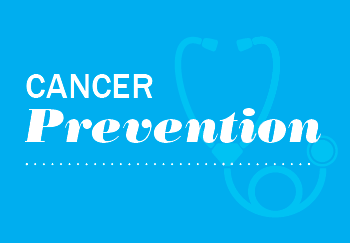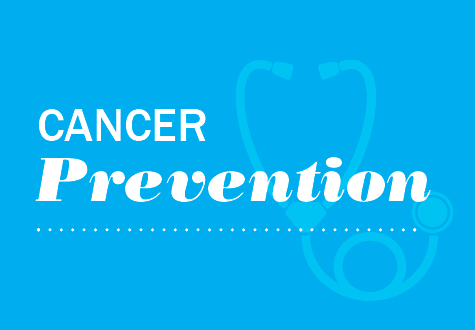
1. You’ll stay up-to-date
When you complete your paperwork for an annual appointment, you are often asked to review and update your medical information. Taking a minute to look at this information, from allergies to emergency contact info, is a solid health practice, and it also keeps your doctor up-to-date on any changes, too.
2. You can find red flags
An annual appointment can give your doctor the opportunity to notice some potential health problems. Is that lump on your throat worrisome, or does your lack of sleep mean something serious? Your doctor can notice these possible red flags and recommend follow-ups as necessary.
3. You can start treatment early
The Centers for Disease Control and Prevention (CDC) notes that regular checkups can lead to early treatment, should your doctor notice an issue. Treatments of diseases like cancer will be more effective the earlier you start.
4. You might find better medications
Regular checkups can help your doctor ensure that you are on the most effective medications, with the lowest occurrence of side effects. Use your checkup to mention anything that is troubling your daily life — things like chronic pain or indigestion. Your doctor can evaluate your medications to see if adding or switching a medication could alleviate your issues.
5. You may calm your fears
Perhaps you have been stressing out about the new mole on your forearm or your recent headaches. Your annual appointment can put your mind at ease. The importance of doctors isn’t always that they find something wrong — sometimes it can be giving you the “all clear” and reducing anxiety.
6. You can prevent issues
While checkups are certainly part of a good preventative care plan, you and your doctor can also use the time together to review other preventative care practices that you should be taking advantage of such as pap smears, flu vaccinations and osteoporosis screenings. There are also certain cancer screenings you should have every year, depending on your age and risk factors.
7. You can address invisible problems
Annual appointments often include basic blood work, which can detect problems that may be flying under your radar. High blood sugar or a hormonal imbalance may not present itself with serious symptoms for years down the road, but an annual appointment can catch it early and help you get ahead of the issue.
8. You can ask questions
Many times, you end up at the doctor with a specific set of symptoms that you need addressed right then. However, you may wonder why your knee has been clicking or why you tire more easily these days. Your annual appointment is the time to ask your doctor questions about any and all of your health concerns, including things that may feel silly or you think are associated with aging. Prepare a list of medical questions you have before you head into your appointment, so you won’t be afraid to ask when you get there!
Get a Cancer Screening
If your primary care physician recommends a cancer screening, contact UVA Cancer Center at 434.924.9333 for more information.
9. You can set goals
Health goals are sometimes difficult to make without the guidance of your primary care professional. Your annual checkup is the perfect time to work with your doctor to create some tangible health goals like fitness and dietary changes. They can help you customize your plans based on your history and current conditions.
10. You can find resources
The value of a doctor visit goes beyond the medical checkup — your physician’s knowledge and connections can be just as helpful. Your doctor can refer you to professionals who specialize in everything from mental health to nutrition — all of whom are within your extended medical network.
It can be tempting to go to the doctor only when you are feeling sick. However, by keeping your annual exams, your doctor can more easily catch diseases like cancer before you develop symptoms, making them easier to treat and helping you lead a longer, healthier life.
